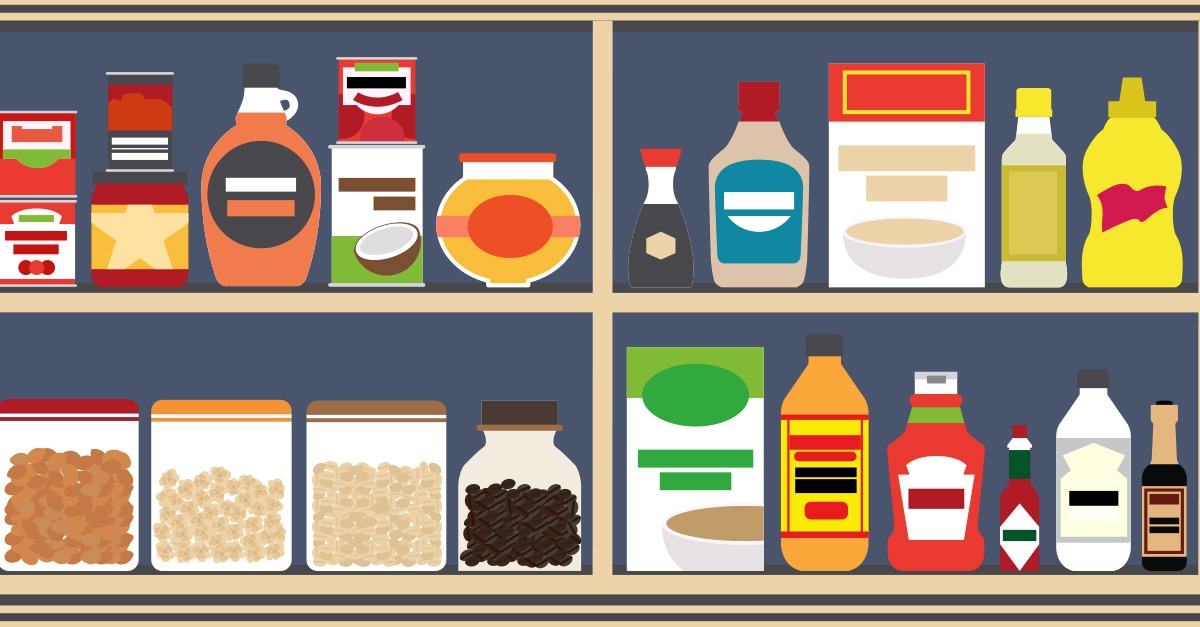Community Preparedness and Resilience
Emergency Food Storage
|
Do a little Google searching, and you will find that there is whole industry built up around emergency food and supplies. While these solutions can be a quick fix to making you feel more prepared; they are not necessarily the best solution for you and your family.
Ironically, the information that you are seeking was probably common knowledge to your grandparents or great grandparents. For much of rural America at least, food preservation and storage was simply part of daily life. What did they know that we need to recapture? |
A word of caution: When following links below, you will be exposed to the "Prepper" world. There is very good information to be found here; but following related links can quickly lead you down the rabbit hole (i.e., militant prepping and "us against them" mentality).
|
Deepen Your Pantry: Store more of the foods that you normally eat.
Trust Your Food: Preserve the food you grow or buy in bulk.
Store for the Short Term: Have some "no cook/low cook" foods that are easy to prepare.
Store for the Long Term: Have some staples that can be stored for many years.
Where can I find Emergency Supplies & Equipment?
|
Online Sources:
|
Local Sources:
*great prices with no religious test.
|
Worth Checking Out:
|

